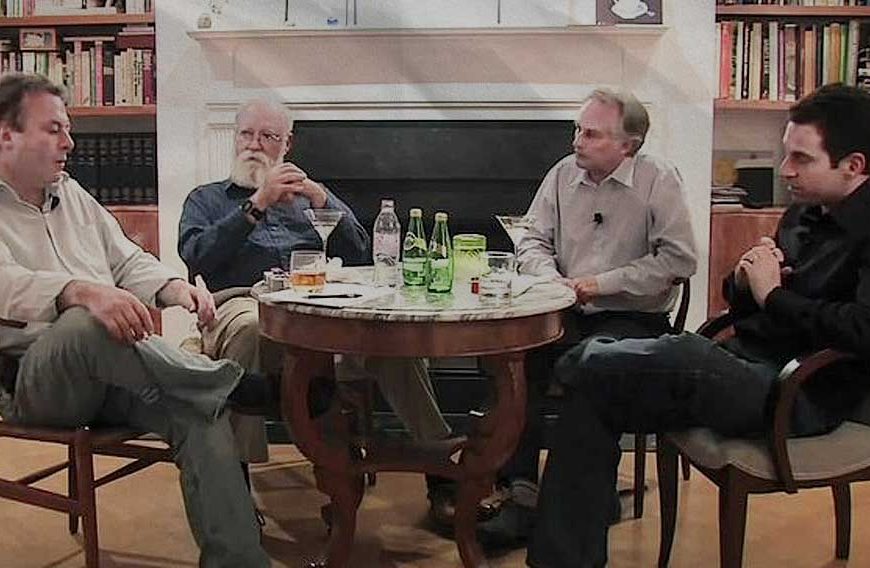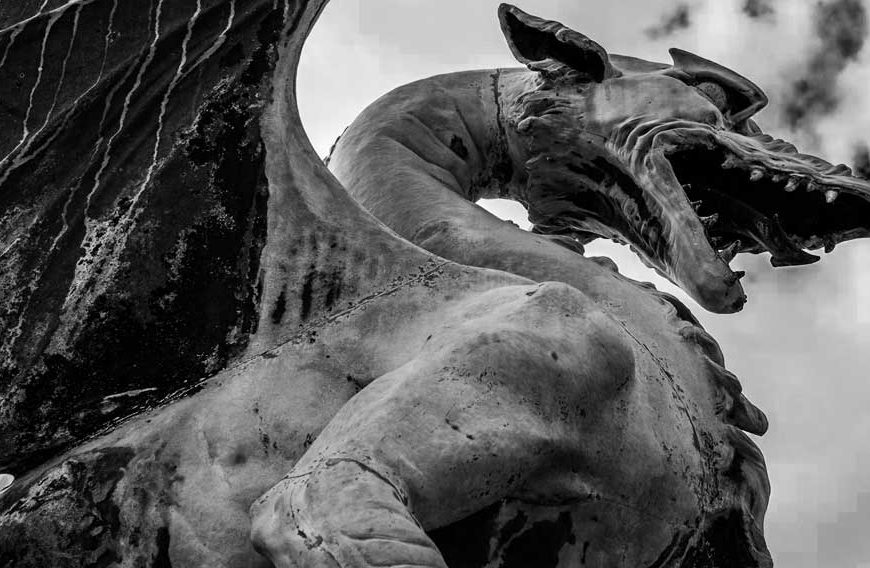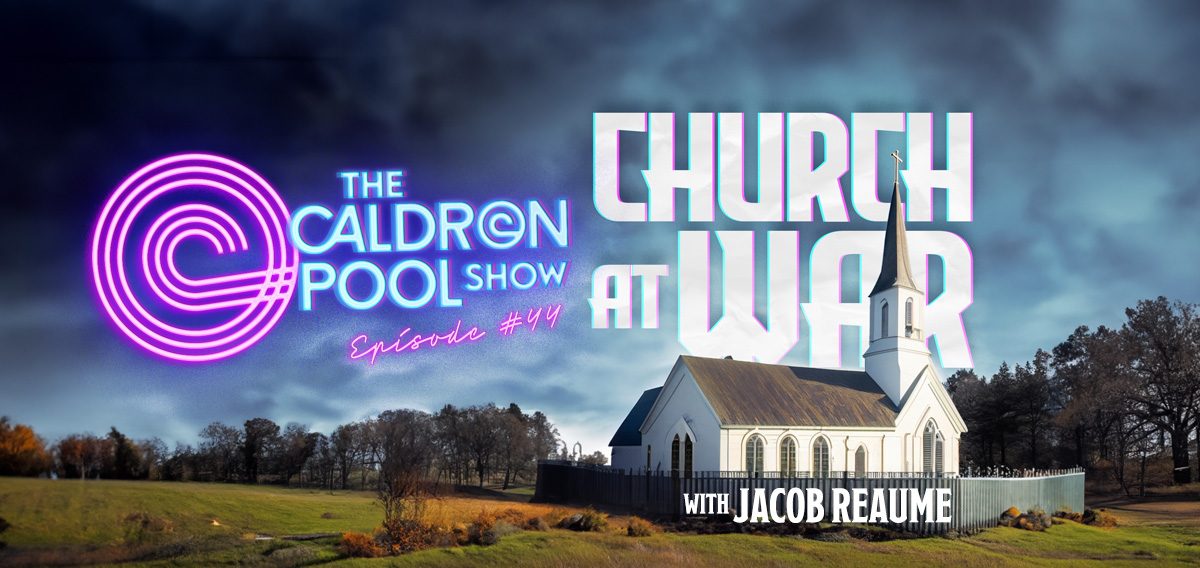Hidden away, near to the middle of Dietrich Bonhoeffer’s ‘The Cost of Discipleship1,’ rests a three page essay on marriage called ‘Woman.’
Why Bonhoeffer named this chapter so specifically is a mystery. My best guess here is that he was looking to the growing ease by which society has sold and objectified sex.
The chapter is an analysis of Jesus’ views on marriage, divorce and sexual immortality; or as Bonhoeffer states, ‘sexual irregularities’(p.85). The texts referred to are Matthew 5.27-32, 1 Cor. 6:13-15 & Gal 5:24, and it forms part of his larger discussion on ‘The Sermon on The Mount.’
What Bonhoeffer means by ‘sexual irregularities’ is clarified by his reference to the Greek word πορνεια. Translated this reads as porneia, meaning, “unchastity”, unlawful sexual acts. It is linked to a metaphor for idolatry, but refers to sexual immorality, such as incest, homosexuality […et.al]. (An important side note: porneia is also linked, but does not mean adultery. This is because adultery is a separate word – μοιχεια; moicheia.)’2
Although separate from the state, Christianity is in part political. The Church is never apolitical. It is this primarily because of its acknowledgement and proclamation that Jesus Christ is Lord of Lords and King of Kings. At its beginning everything is brought under the mercy and judgement of Christ’s Lordship. Theology is its starting point in a reliable critique of all ideology. Whether left or right, up or down, what God has communicated through His Word, stands to confront and lovingly correct human ignorance, and arrogance.
As a result, the church has never been politically fashionable. When it becomes so, it is likely to no longer be a Christian Church. If so, it surrenders to a politics of displacement, where people are ruled by “Lordless” human lords. This a Church no longer speaking out from a position where it acknowledges and proclaims Jesus Christ as its Lord.
Underpinning the importance of Bonhoeffer’s discourse is the issue of identity. Our identity in Christ overrules, and overcomes, any identifying with the fallen nature. No one can be other than a Christian, if that Christian claims to follow Christ. Prefixes like ‘gay Christian, on-fire Christian, etc’ are aberrations. They don’t pin well to those who bear the crucifix. Such is the cost of discipleship.
It is in the valley of God’s gracious decisiveness that a Christian’s identity is forged. Our identity is in Christ, transformed by the hand that chooses to reach for humanity, at cost. Like Karl Barth, Bonhoeffer calls those who would hear the good news to align their lives with the God, who in Jesus Christ, made a way for us to align with Him. This authentic allegiance is costly, but it is what and who a Christian is called to turn towards, if they are to be a Christian in word, deed and attitude.
According to Bonhoeffer:
this ‘adherence to Jesus allows no free rein to desire unless it be accompanied by love. To follow Jesus means self-renunciation and absolute adherence to him, and therefore a will dominated by lust can never be allowed to do what it likes.’ (p.83)
Bonhoeffer is drawing from an, ‘all or nothing’ idealism, but he does so under the light by which God’s grace frames our finite and future existence. On the surface, the influence of Kant’s ethical absolutism might be seen to be clouding Bonhoeffer’s conclusions. However, a closer look at the text, shows that, although present, Kant’s ethical absolutism barely colours what Bonhoeffer is truly getting at.
Bonhoeffer moves beyond the existential towards God’s purpose for marriage.
Stating, ‘the disciple’s exclusive adherence to Christ extends even to married life. Christian marriage is marked by discipline and self-denial. Christ is the Lord even of marriage. There is of course a difference between the Christian and the bourgeois conception of marriage, but Christianity does not therefore depreciate marriage, it sanctifies it […] purity or chastity is safeguarded amongst those who follow Jesus and share his life.’ (pp. 84)
Bonhoeffer conceded that although Jesus’ commands, regarding sexual sin are clear, His voice on marriage is not, but they clearer than they appear to be.
‘Instead of ‘abolishing marriage, Jesus sets it on a firmer base. Choosing to sanctify it through faith’ (p.84). ‘Jesus also approves of absolute celibacy for the sake of the kingdom of heaven. But he lays down no definite programme for his disciples, whether of celibacy or of marriage, only he delivers them from the perils of sexual irregularity inside or outside of the married life.’ (p. 85)
The point being that Jesus chooses ‘to liberate marriage from selfish, evil desire, and to consecrate it to the service of love, which is possible only in a life of discipleship.’ (p.84)
Highlighted here are the words: Christ is the Lord even of marriage…[the health and beauty of] purity or chastity is safeguarded amongst those who follow Jesus and share his life.
In the Pre-Constantinian era, the early Church tells us that pride is the enemy of grace. When it comes to Jesus Christ, any attempt to make our word His own, is an attempt to dethrone Him. It misrepresents grace, does violence to the science of theology and hinders healthy democratic dialogue. Like recent examples on social media have shown. Particularly when the words, ‘Jesus said, “Don’t Judge,” are turned into a passive aggressive whip statement, used flippantly against Christians who disagree with Same-Sex “marriage”.
Pride and love are polar opposites. Where love is conscripted into the cause of pride, love is lost. Where pride becomes part of a person’s identity, there is no room for Christ. Where pride pushes for normalisation, and blind acceptance of sexual irregularities, pride revels in disunity. Where pride wins, and is then raised up to be the quintessential example of love, the beauty of true love, especially and uniquely shared between a man and a woman; a woman and a man, is overshadowed.
Pride cannot be compatible with marriage because love is not compatible with pride.
The penultimate result of an allegiance to pride is that, man for woman and woman for man; both reconciled under God, are no longer seen to be uniquely reconciled to one another. It then follows that a normalisation of separation and estrangement will only encourage each to act against the other.
Under the careful rule of human overlords, who search through any and all dissent for offense, the end result is a passively violent, gender segregation. One unleashed upon the world through unfettered misandry and misogyny, made law under the “feel-good” disguise of tolerance and equality.
The consequence of which, may enslave men and women to a renewed, but subtle, hatred of each other. Forcing apart that which was long ago ordained and reconciled by, in and under God. Here the chains of even racism are echoed and rattled inadvertently by Same-Sex “marriage” activists who seek to undermine heterosexuals: ‘Men and women stick to your own kind, and never the two shall meet.’
The Church, if it is to be a Christian church, in its discipleship, must answer this in two ways. First, with a firm, reasoned, loving ‘no.’ And second, with,
“Choose this day who you will serve […] as for me and my house, we will serve the Lord.” Joshua 24:14-15, ESV)





















